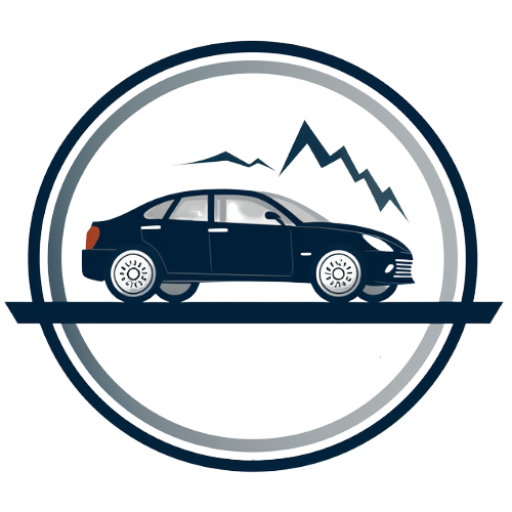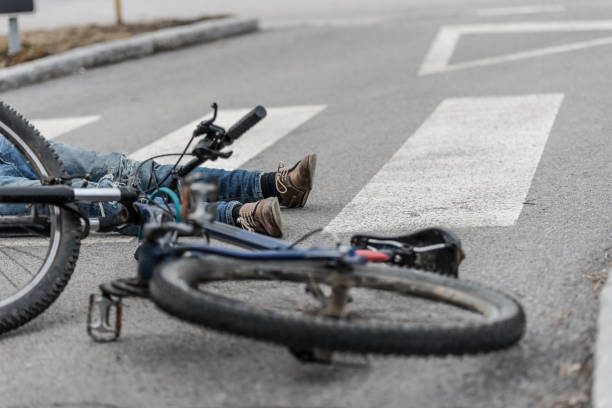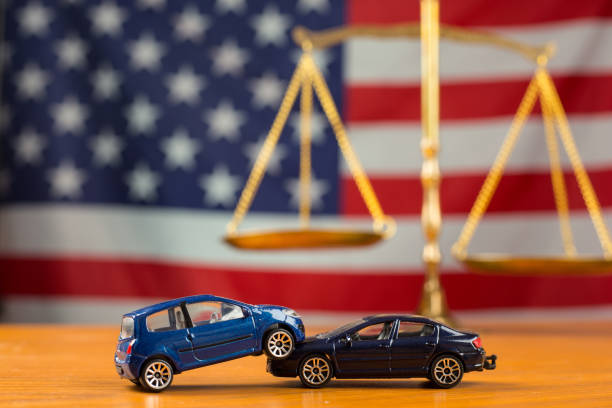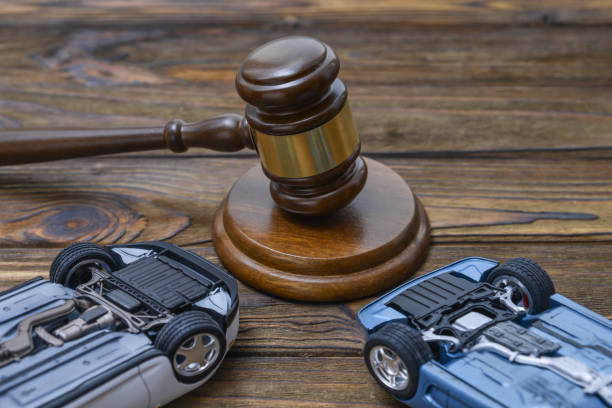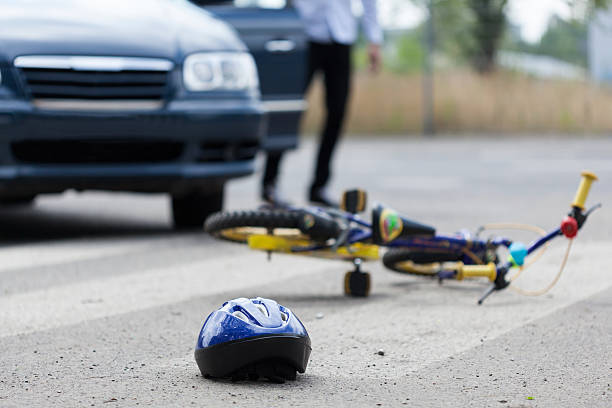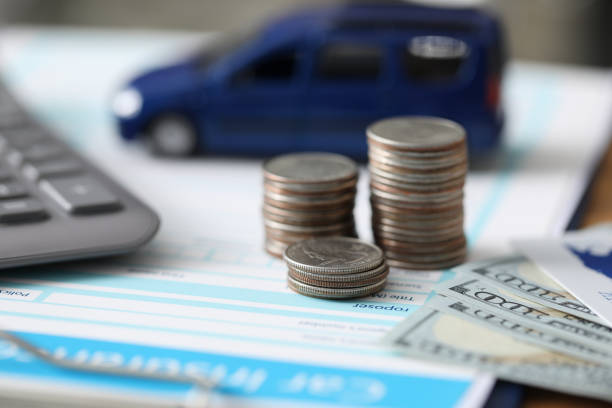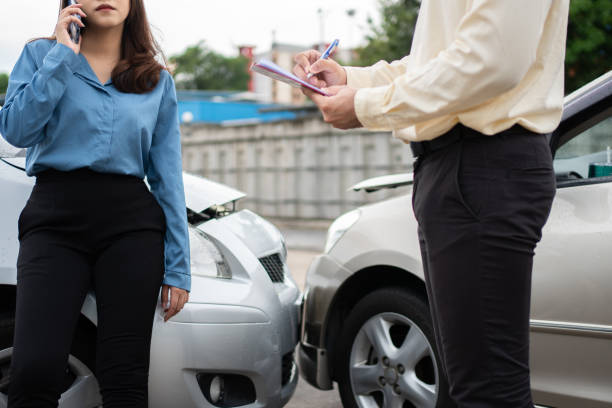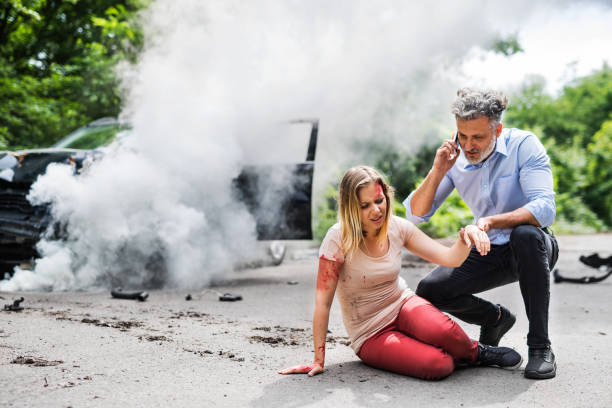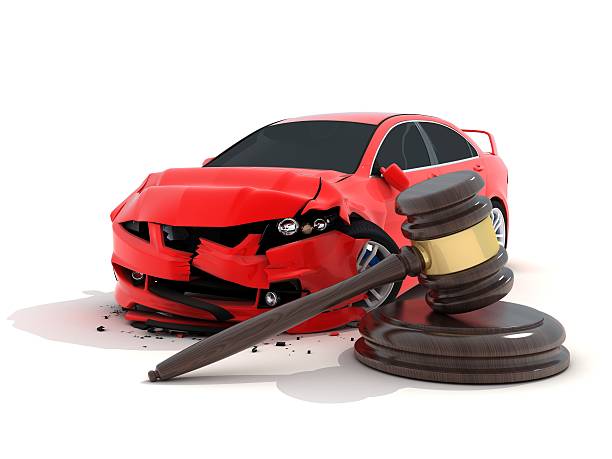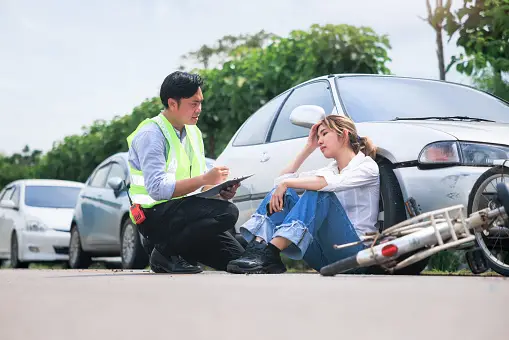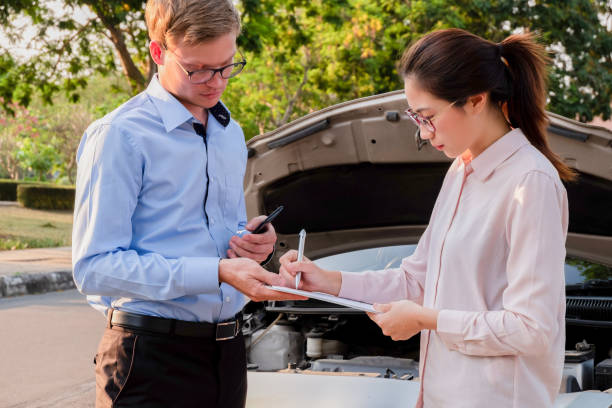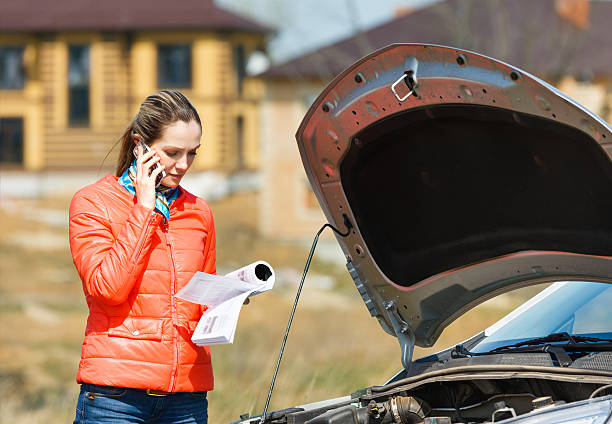
Rural locations are no exception to the rule that car accidents may happen everywhere. While rural America’s tranquil scenery and calm roads may seem like the perfect driving environment. The truth is that vehicle accidents may happen there just as frequently as they do in crowded metropolises. For drivers in remote areas to properly safeguard their rights. They handle potential legal obstacles, they must be aware of automobile accident legislation. In this guide, we’ll dig into the nuances of rural automobile accident legislation so you’ll be well-informed and ready in the sad case of a mishap.
The Unique Challenges of Rural Driving

To guarantee road safety, drivers must be aware of the special obstacles presented by driving in rural regions. The absence of infrastructure and road upkeep is one of the biggest challenges. Many rural roads may be more hazardous due to potholes and loose gravel since they are narrower, less well-designated, or have uneven surfaces. The absence of lamps in rural regions raises the dangers of driving at night. Another issue is wildlife, as rural roads may run alongside natural areas, increasing the risk of accidents with stray animals.
Responsibilities and Duties of Rural Drivers
Drivers in rural areas have important responsibilities and obligations to preserve road safety. They must, first and foremost, obey the posted speed limits and drive cautiously since rural locations might provide unforeseen risks such as sudden curves, blind corners, and unpredictable wildlife crossings. Long distances between service stations can make breakdowns more difficult to handle, so rural drivers should be diligent about maintaining their cars. It’s crucial to comprehend the right-of-way regulations at unmarked crossings because rural roads may not have traffic lights or signage. Vehicles are required to respect the neighborhoods and properties they travel through by obeying local laws and not littering.
Key Factors Contributing to Rural Car Accidents

Car accidents in rural locations are caused by several variables, therefore drivers should pay extra attention to these. The predominance of higher speed restrictions on rural roads, together with the possibility of unforeseen impediments or wildlife encounters, is one important factor. Due to the greater speeds involved, head-on crashes on two-lane country roads are also more likely when there are no dividers. Large trucks and agricultural equipment frequently share the roads with smaller passenger cars in rural locations. This can make passing and navigating tight spaces more difficult.
Understanding Negligence and Liability in Rural Car Accidents
The same rules apply to determining negligence and culpability in rural and urban contexts, although there may be additional factors to take into account. When a motorist disregards the duty of reasonable care, it constitutes negligence and results in a collision. Negligence can be caused by a variety of things, including speeding, intoxicated driving, distracted driving, and disobeying traffic regulations. However, in rural locations, it may be more difficult to gather evidence and pinpoint the responsible party due to the scarcity of witnesses or traffic cameras.
Reporting and Documenting a Rural Car Accident
After a rural automobile accident, it’s important to carefully describe and record the occurrence for insurance claims and other legal actions. The first step is to make sure that everyone engaged is safe and, if required, to get medical help. To formally record the occurrence, notify local law enforcement of the collision and wait for their arrival. It is crucial to share contact and insurance information with other drivers involved in the collision in remote locations where emergency services may take longer to arrive.
Seeking Legal Representation and Filing a Lawsuit in Rural Areas
Getting legal counsel following an automobile accident in a remote region can be an essential step in defending your rights and achieving just compensation. Finding a lawyer with experience in managing vehicle accident cases in rural settings is still crucial, even if there may be fewer law offices and attorneys in rural regions than in metropolitan ones. These lawyers are knowledgeable about the particular difficulties and regional legislation that can be relevant to your case.
When choosing legal counsel, take into account aspects like their experience managing cases involving rural auto accidents, their knowledge of the local judicial system, and their readiness to travel to the scene of the accident to acquire evidence and carry out investigations.
Comparative Negligence in Rural Car Accident Cases
Comparative negligence regulations may be adopted in rural regions. So, this may have a substantial influence on your capacity to receive compensation if you contributed to the vehicle accident. State-specific comparative negligence laws differ. But generally speaking, they permit apportioning a portion of blame to each party responsible for the accident. If you are determined to be partially at blame, your opportunity to get compensation may be diminished or eliminated depending on the state’s unique requirements.
For instance, the amount of compensation you are entitled to. To get may be diminished by 30% if you are found to be 30% at fault for the accident. To appropriately assess your prospective claim. It is crucial to understand the specifics of your state’s comparative negligence legislation.
The Role of Law Enforcement and First Responders in Rural Car Accidents
Due to the distance and restricted access to emergency services in rural locations. The law enforcement and first responders are essential in controlling vehicle accidents. Response times for law enforcement and medical aid might be slower in rural regions. Than in metropolitan ones when an automobile accident happens. These experts, however, are skilled in dealing with such circumstances and make a concerted effort to get to the accident scene as soon as possible. When they arrive, law enforcement examines the site, records the evidence, speaks with witnesses, and documents the accident.
Communicating with Insurance Companies After a Rural Car Accident
It might be difficult to contact insurance providers after an automobile accident in a remote area. Insurance adjusters will look into the incident, evaluate the losses, and establish fault. However, it is crucial to use caution while speaking with them. Because insurance firms are primarily concerned with reducing their claims. Consider getting legal counsel to understand your rights. Also, what information to give before communicating with an insurance adjuster?
Seeking Medical Attention and Documenting Injuries
Even if you think your injuries are minimal, it’s critical to get medical help right away after a rural automobile accident. Some wounds, including concussions and soft tissue injuries, might not be obvious right away but might get worse if addressed. Delaying medical care might further damage your compensation claim since the insurance company. You can claim that your injuries were not a direct result of the collision. Always put your health and well-being first by being checked out and getting treatment as soon as possible.
